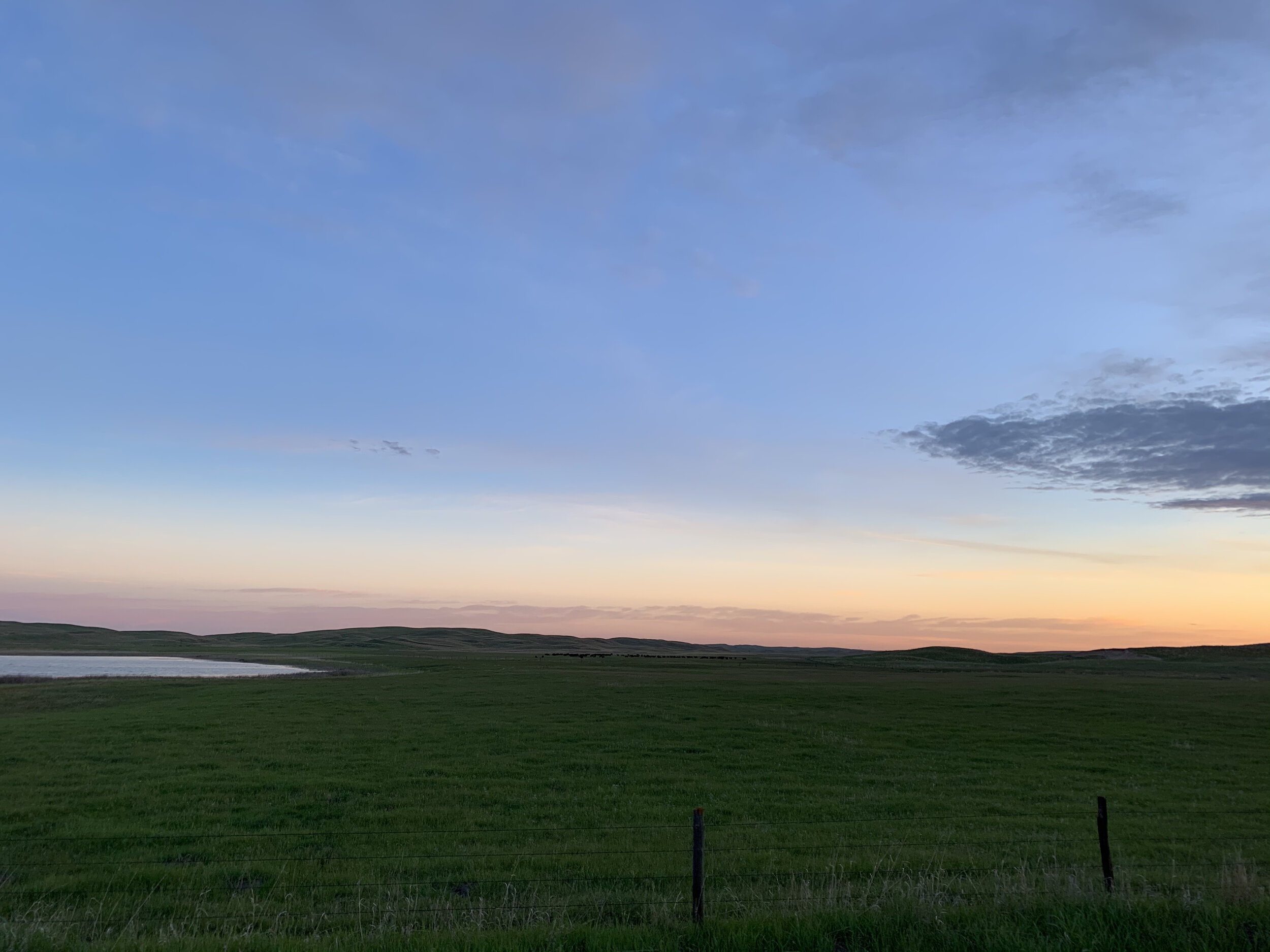The Rural Review
An online journal produced in conjunction with the Rural Reconciliation Project.
The Rural Review publishes digests of important academic contributions, program information, blog-style commentary, and periodic roundups of rural items from across academic disciplines and scholarly media.
Contributions from interested authors are welcome. Find our author guidelines here.
Pfrenger: Critical Rural Theory’s Influence on Rural Education
In Critical Rural Theory: A Decade of Influence on Rural Education Research author Wendy Pfrenger (Dept. of Higher Education, University of Mississippi Division of Outreach) examines both the key elements and influences of Critical Rural Theory in rural education and research.
Ricket, Yahn, & Bentley: Rural High School Internships
In Rural Community and Career Connected Learning: Impacts of High School Internships Prioritizing People and Place, Allison L. Ricket (SROI and Impact Measurement, Ohio University), Jacqueline Yahn (College of Education, Ohio University), and Emily Bentley (Education Engagement Specialist, Building Bridges to Careers) examines the outcomes of non-school internships hosted by two Appalachian Ohio organizations: Rural Action and Building Bridges to Careers. This qualitative study, guided by the conceptual framework of community and career connected learning, seeks to fill a gap in the literature where existing studies favor a distinctly urban-centric vantage point or focus on optimizing social mobility and developing skills needed to maintain a globalized, unrooted workforce.
Zhang: Learning By Doing at Hungerford School
In Learning by Doing in the Segregated South: The Robert Hungerford Normal and Industrial School for African Americans in Central Florida, author Wenxian Zhang (Rollins College) provides a detailed look at the history and impact of the Robert Hungerford Normal and Industrial School in rural Florida. Although this article is a case study on one school, the knowledge and experience learned from the Hungerford School applies to various rural vocational schools.
Rural Law Short Course: A Mini-Series in Infographics
In this original essay, Emily A. Prifogle, a legal historian and Professor of Law at the University of Michigan Law School, first discusses curricular innovations happening at several U.S. law schools on rural law and then introduces a series of related infographics to be featured on the Rural Review this week.
Thompson, Tomayko, Gunter, & Schuna: Four-Day School Week
In “Are All Four-Day School Weeks Created Equal? A National Assessment of Four-Day School Week Policy Adoption and Implementation” authors Paul N. Thompson (School of Public Policy, Oregon State University), Emily J. Tomayko (Center for American Indian and Rural Health Equity, Montana State University), Katherine Gunter, and John M. Schuna, Jr. (both of School of Biological and Population Health Sciences, Oregon State University) compile an overview of the four-day school week in America, and the impact that is has on students, families, and school districts.
South Dakota Rural Practice Symposium
An announcement of South Dakota Law Review’s upcoming Symposium on Rural Lawyers, marking the 10-year anniversary of South Dakota's Project Rural Practice.
Kidder: The Future of Rural Lawyering
Discussion on how a general practice model within law school in-house clinics can help bridge the gap and facilitate new lawyers into rural and smaller communities.









